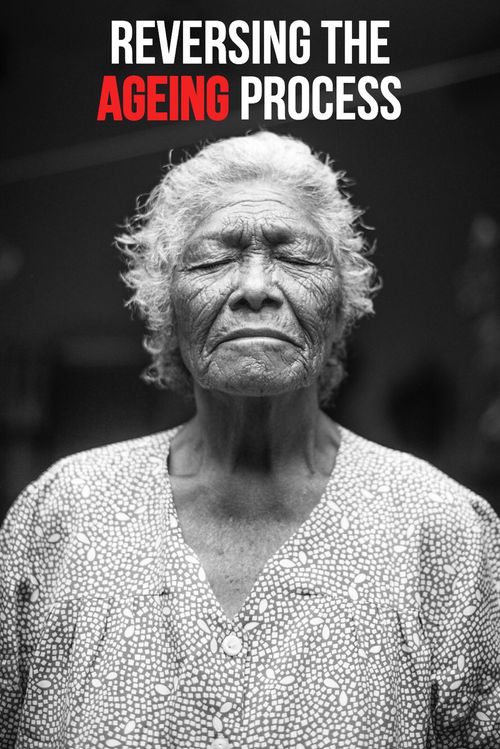Could “hacking” genes make us live longer?
Mar 10, 2022 · 2 mins read
0
Share

The oldest people alive are not health freaks. A French woman named Jeanne Calment set a record by living to the age of 122 – and she only stopped smoking at 117.
Save
Share
Living a healthy lifestyle might earn you an extra 10 years of living. But being blessed with the right genes? That can add up to an extra 30 years.
Save
Share
Chimpanzees share 98% of our DNA, yet their life expectancy is only about 40 years. That 2% difference is what extends our lifespan by an average of 38 years. Tinkering with that genetic code could be the key to allowing humans to live even longer...
Save
Share
Professor Stuart Kim has been trying to unlock that potential at Stanford University. He specializes in developmental biology and has been analyzing the genetic make-up of the world’s fastest aging life form. It's a worm called a nematode that’s just one millimeter in length.
Save
Share
By day 18 of its life cycle, the nematode is so old that it can barely move. Kim and his team found that regulatory proteins called “transcription factors” were partly responsible for the worm’s rapid aging.
Save
Share
Manually altering that genetic code in a laboratory resulted in the worm being able to move freely on day 40 – the equivalent of a 200-year-old person moving like someone in middle age. This type of scientific intervention could have huge significance for humanity.
Save
Share
The traditional way to understand ageing is called the “accumulated damage mode”. It’s like having a really old car. It doesn’t work as well as it used to because the parts are worn out and rusted. This is the equivalent of damage at a molecular level in people.
Save
Share
But the research by Kim and his team at Stanford found that there’s another model called “regulatory change”. The transcription model they altered in the worm was like fixing the gas pedal in a car, i.e. just one key part needed to be repaired, not the whole thing.
Save
Share
This has two big implications. 1) If there’s a master regulator, you don’t have to fix all the proteins and cells affected by molecular damage – just one transcription factor. 2) Ageing is not irreversible. Turning certain genes back “on” would lead to rejuvenation in old age.
Save
Share
The next step is to test the same developmental control patterns in mice. That could potentially lead to applying the same principles in humans – and a chance to discover what our body clock may look like at 200 years of age.
Save
Share
0